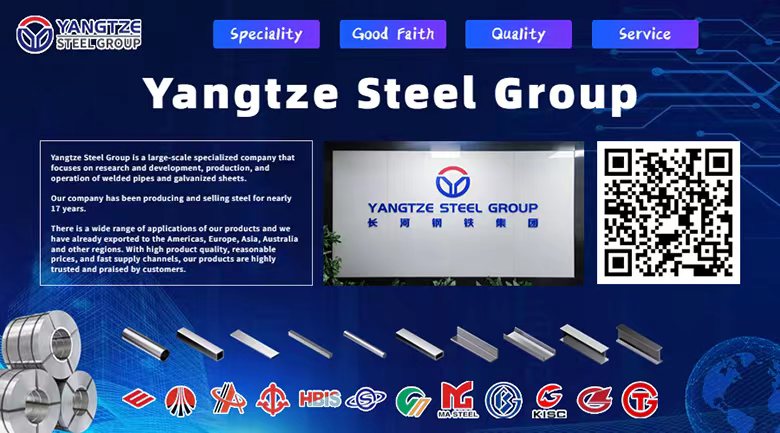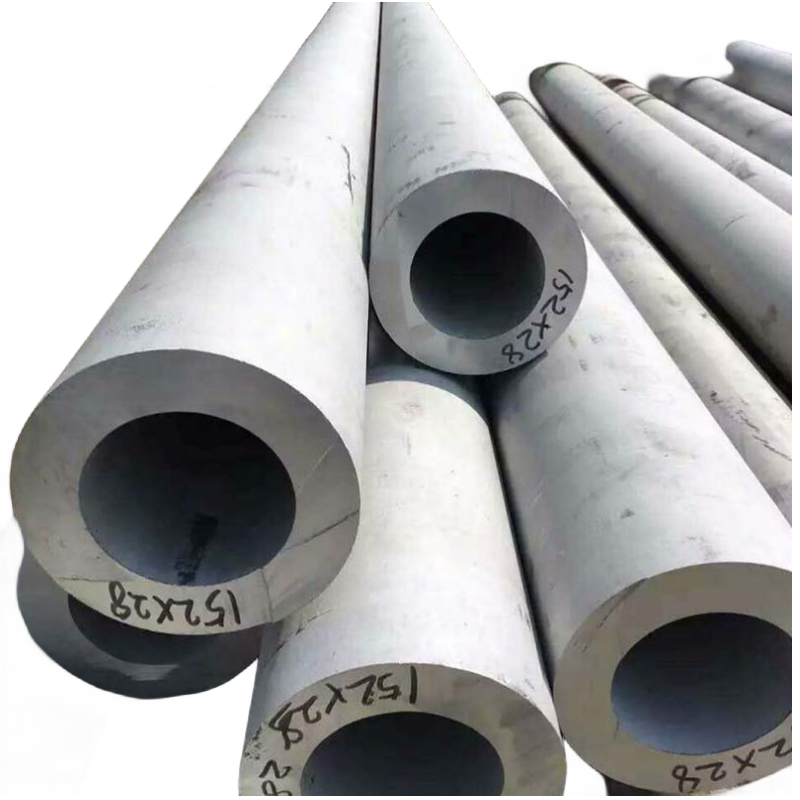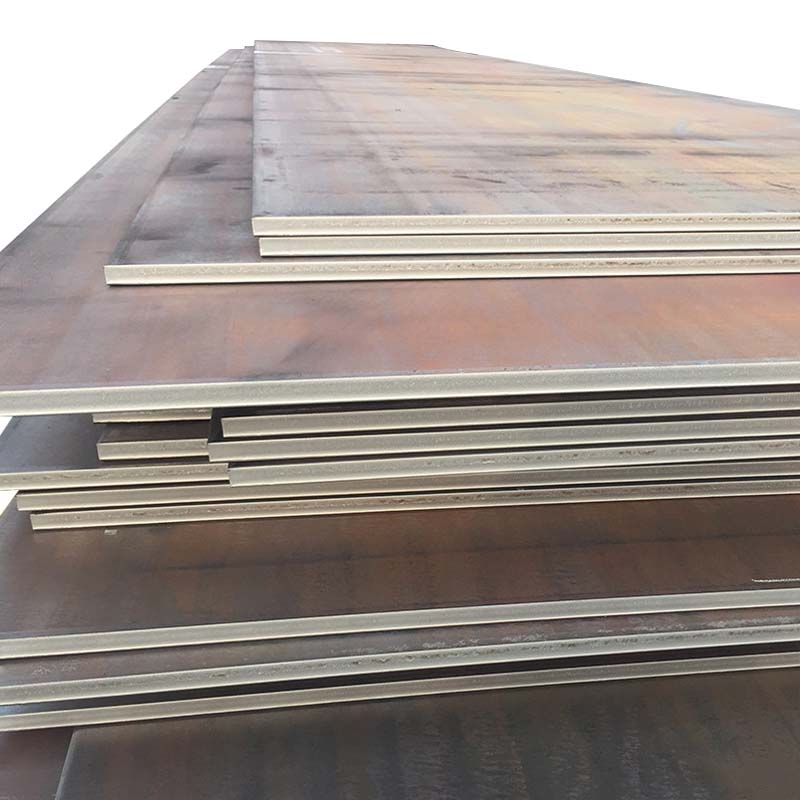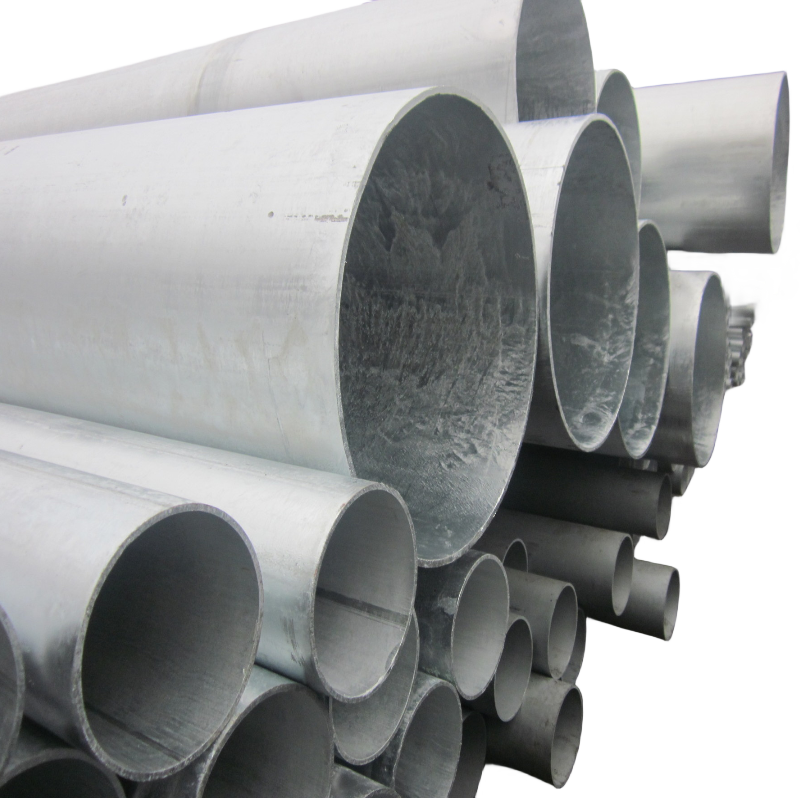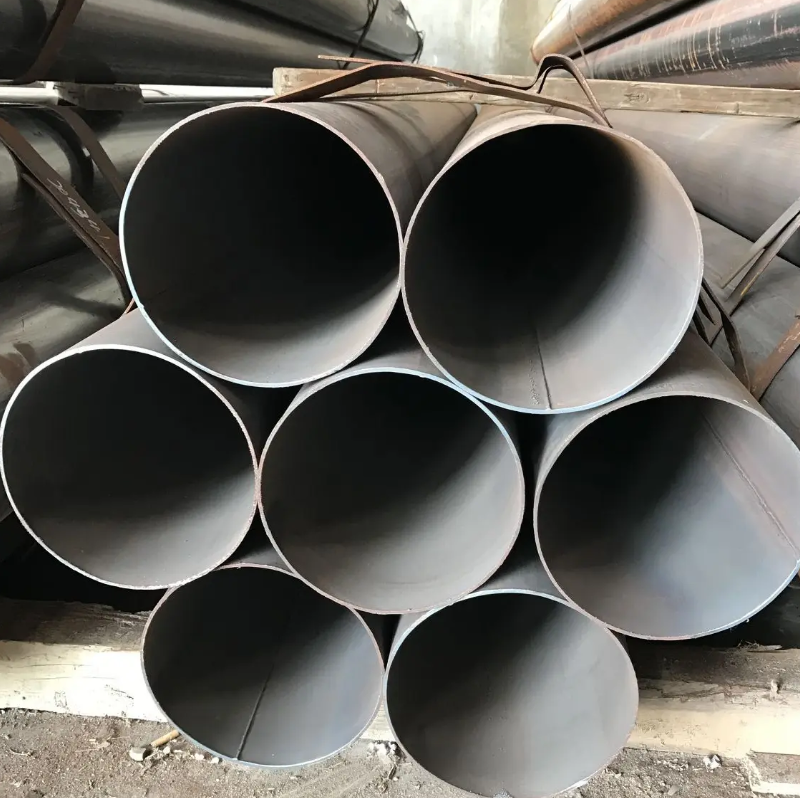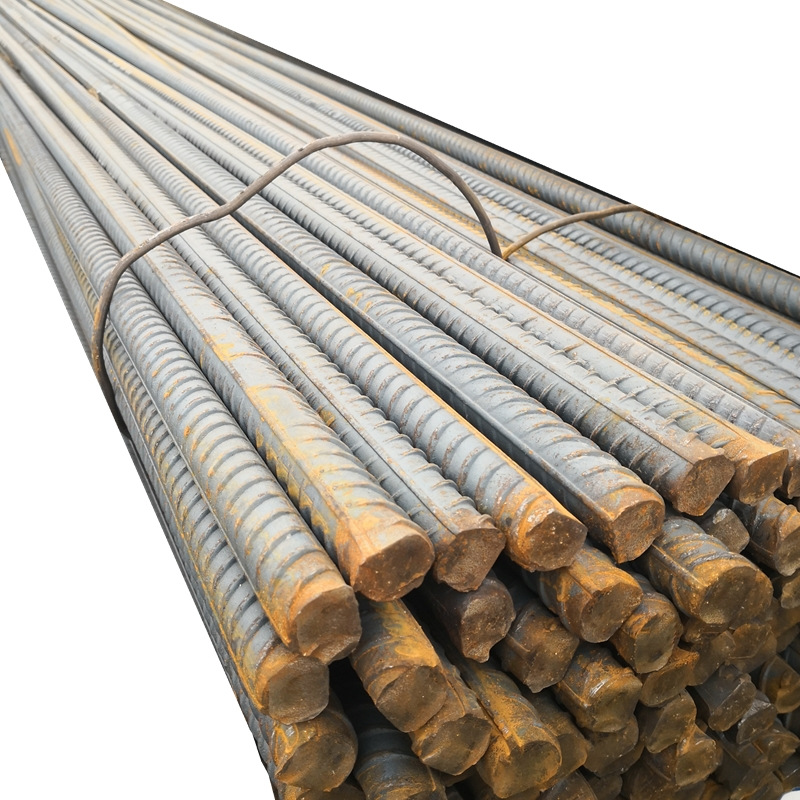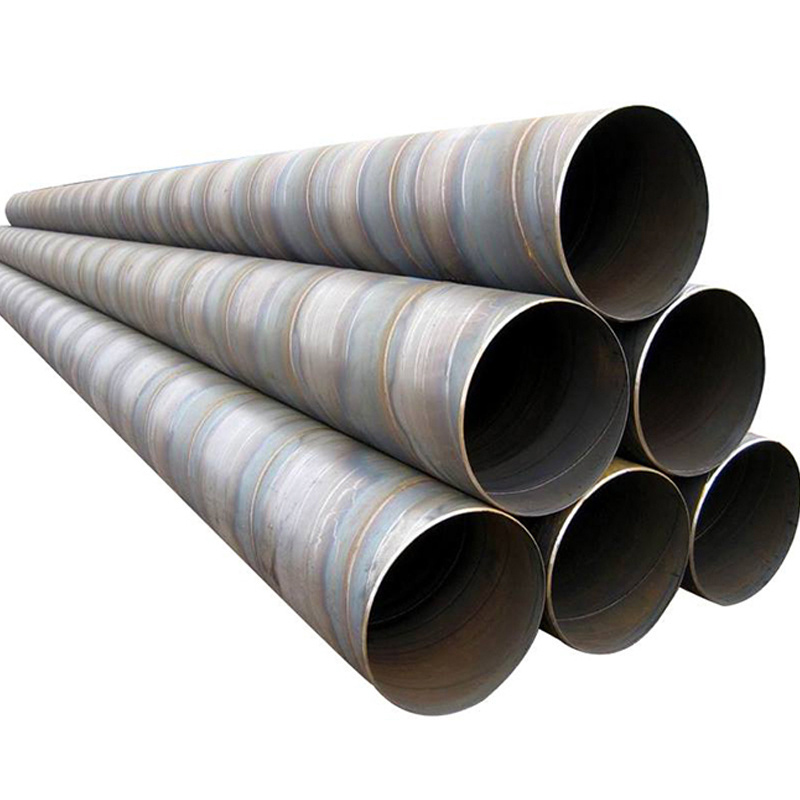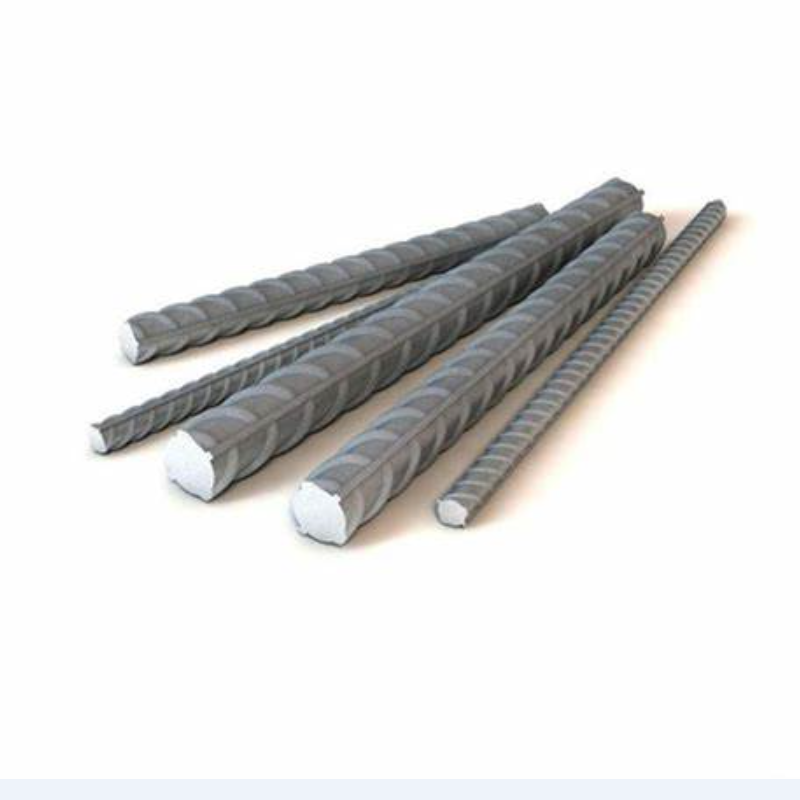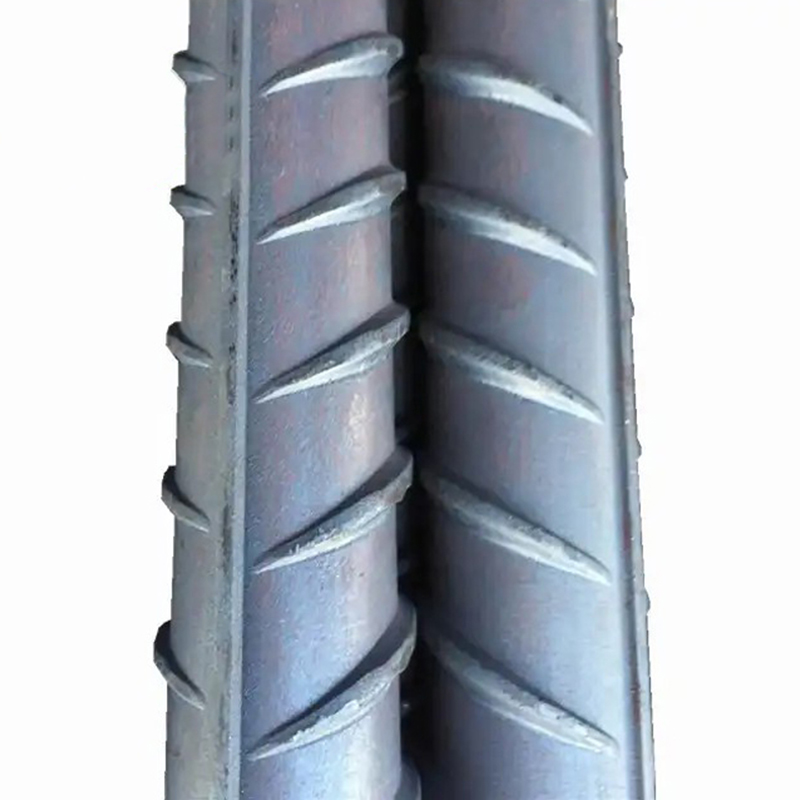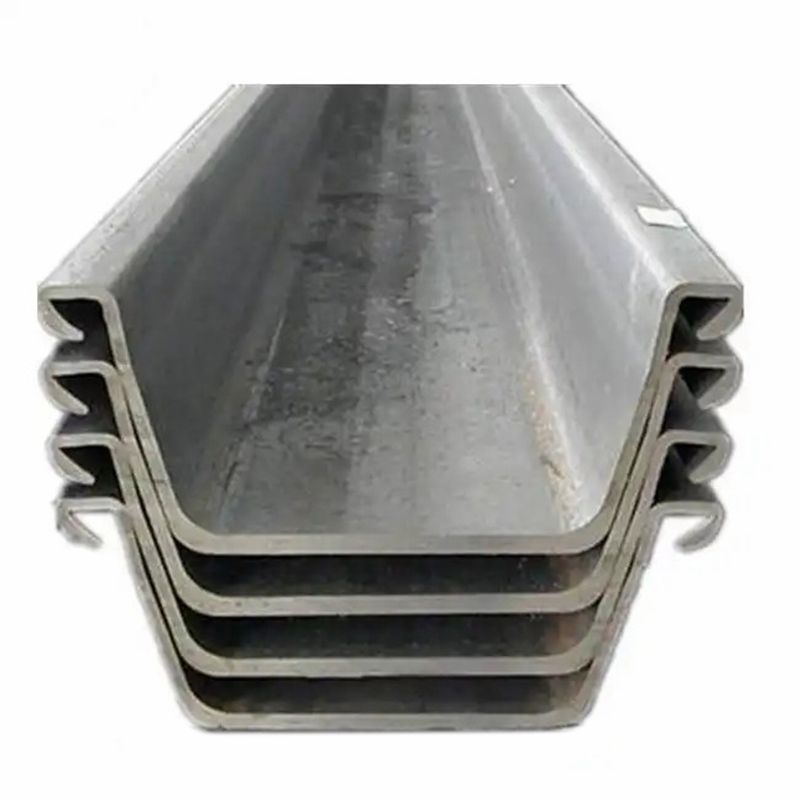Forged flange
Forged flange is a common connector in industrial piping systems. It is manufactured through a forging process and has excellent mechanical properties. Due to its high strength, toughness and corrosion resistance, it is widely used in petroleum, chemical, natural gas, electricity and other fields.
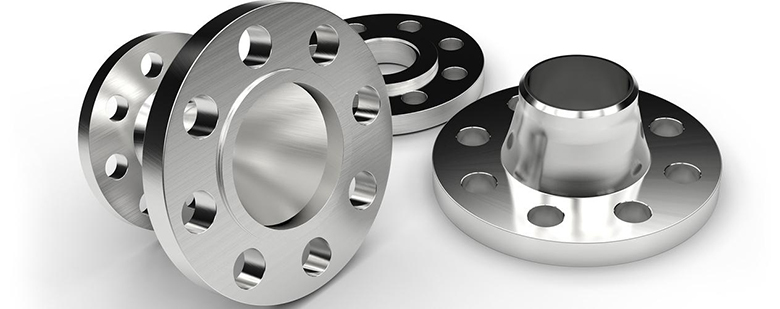
Standards and specifications:
Standard | Nominal diameter (DN) | Pressure level (PN) | Application area |
ASME B16.5 | 1/2" - 24" | 150 - 2500 | Oil, gas, chemicals |
DIN EN 1092-1 | 10mm - 2000mm | 6 - 100 | Industrial equipment, pipeline systems |
JIS B2220 | 10A - 1500A | 10K - 40K | Pipeline systems for the Asian market |
GOST 12820-80 | 15mm - 1600mm | 6 - 25 | Russian low-pressure pipeline systems |
Material selection:
Materials | Typical materials | Application scenarios | Features |
Carbon steel | ASTM A105 | General industrial pipelines | High strength, suitable for |
Stainless steel | 304, 316L | Chemical and food processing | Excellent corrosion resistance |
Alloy steel | ASTM A182 F11 | High temperature and | High temperature resistance, |
Nickel-based alloy | Inconel 625 | Extremely corrosive and | Excellent corrosion resistance |
Forged flanges have the following advantages over other types of flanges:
1.High strength: The forging process makes the metal grains tighter, reduces defects and improves mechanical properties.
2.High pressure resistance: It can withstand high pressure and is suitable for high pressure piping systems.
3.Corrosion resistance: The materials are diverse, and stainless steel and alloy steel have good corrosion resistance.
